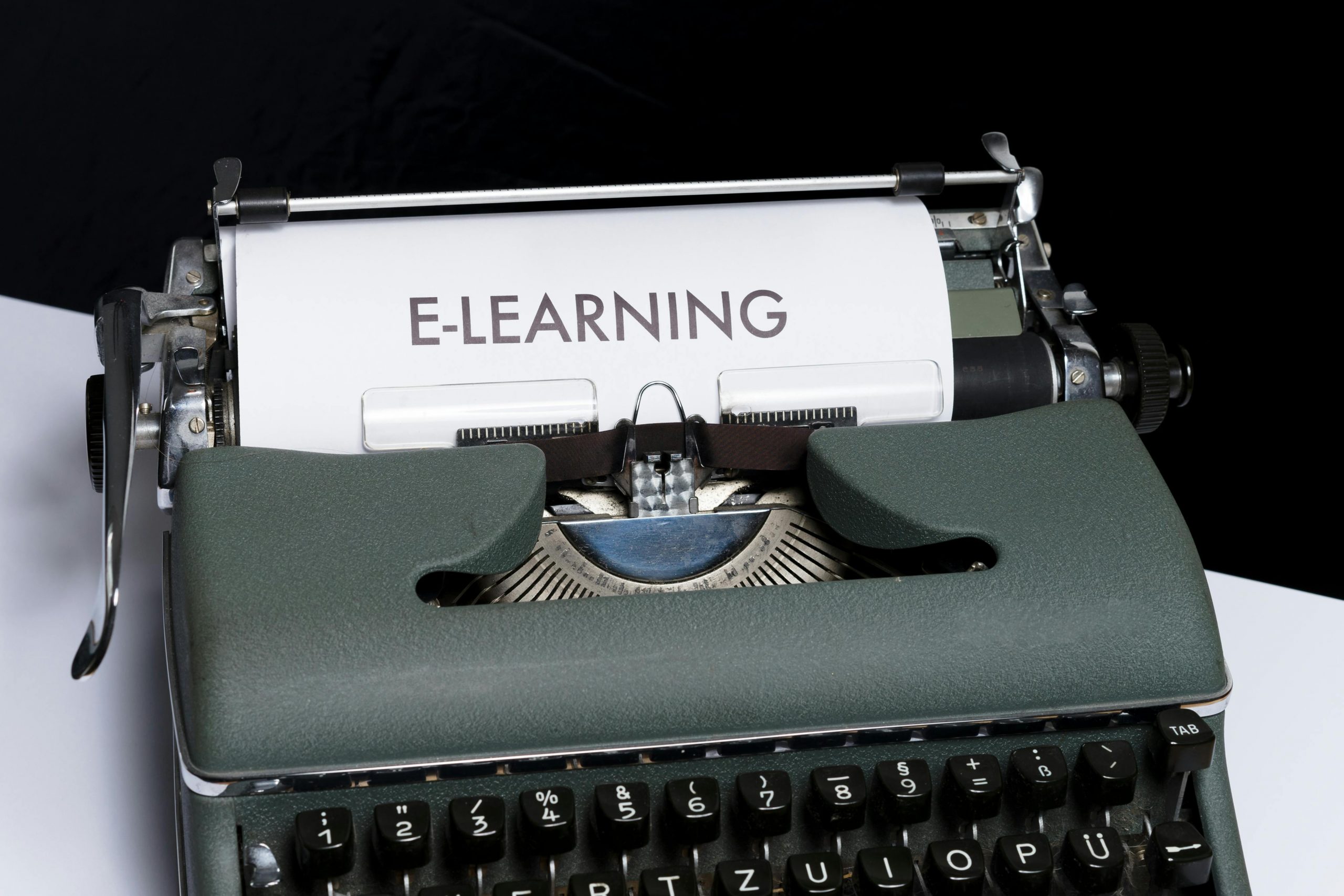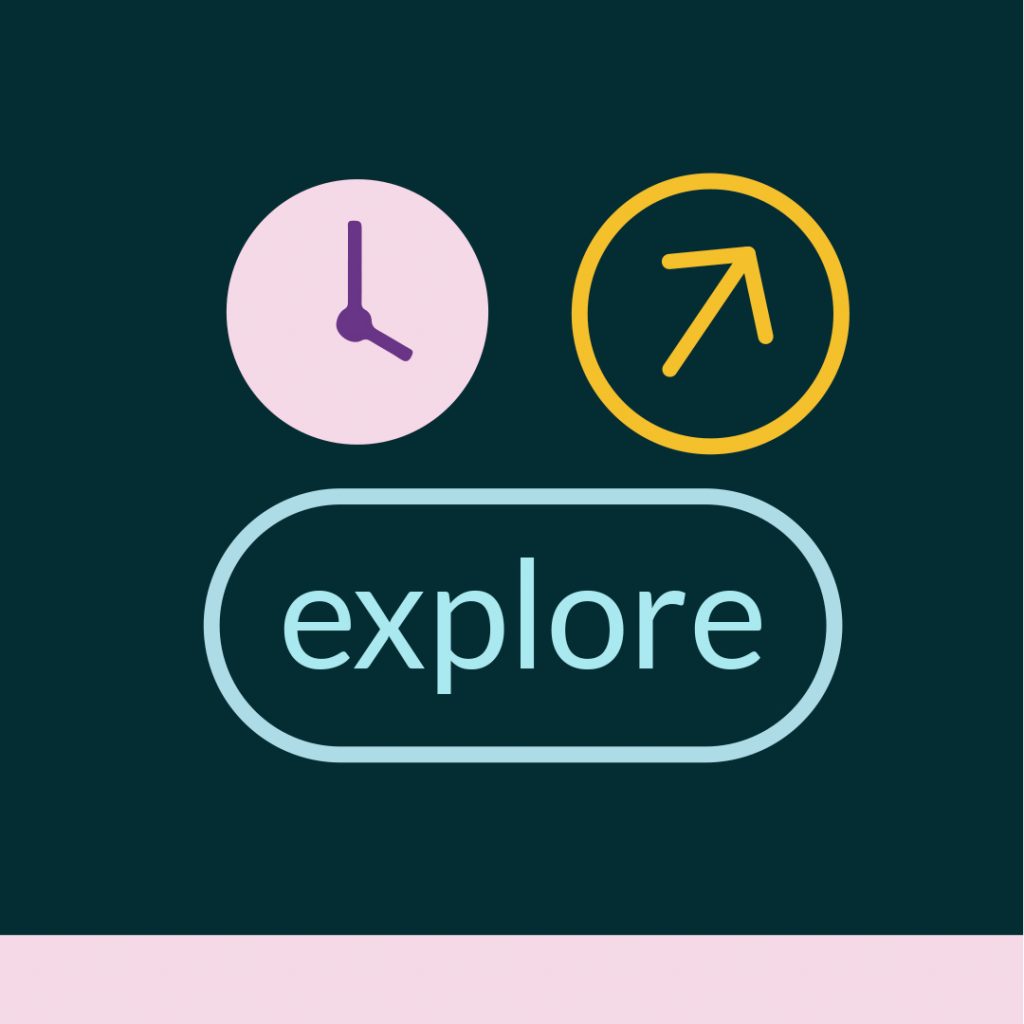Ridley Scott’s 1982 sci-fi film Blade Runner starring Harrison Ford depicts a world where robots take over human life. The idea was a terrifying prospect for cinemagoers at the time. That dire prediction has not come to pass; however, bots and artificial intelligence are here to stay. And we can benefit greatly from tools like digital learning resources and software.
Enter adaptive learning.
What Is Adaptive Learning?
Adaptive learning is a teaching process that addresses the unique requirements of students by adapting automatically to what they need. There is no one-size-fits-all curriculum, but learning pathways, resources, and feedback are tailored to those needs. The goal of adaptive learning is to help students learn efficiently while providing the best possible learning experience.
Of course, this would not be possible without the help of software and digital learning tools. These must meet certain criteria: be user-friendly, intuitive, combine elements of gamification with social learning, and deliver bite-sized chunks of information that keep learners focused and engaged.
Adaptive Learning Technology
Learning experience platforms (LXP) are artificial-intelligence-driven learning platforms that focus on employees’ needs, as opposed to learning management systems (LMS), which focus on the needs of learning and development departments. LXPs encourage more autonomous and self-directed learning.
Artificial intelligence helps LXPs make personalized content recommendations from various sources based on users’ activity and goals. LXPs also support social learning, user-generated content, content curation, analytics, and integration with e-learning content providers, among other features.
Because it is self-paced, the adaptive model allows students to go back and work on the concepts they found challenging as many times as they need. Therefore, they can approach the materials from different angles until they master them. This removes pressure on the students to keep up with the rest and makes for less stressful learning.
Certainty with respect to successful language learning and use- whether oral, written, or technologically mediated combinations- applies less and less to discrete products and more to adaptive processes. Jay Jordan, American author.
How Adaptive Learning Works
First, all the learning and assessment materials are uploaded to a platform. Once students complete a level assessment, they are assigned the appropriate lessons. The more the students engage with the platform, the more it learns and can make better recommendations to help students reach their goals.
In order to make customized recommendations, artificial intelligence adapts the learning pathways based on data collected in real time, like learner profile and behavior, and performance benchmarks. Learner performance and behavior data reflects, for example, how long it took to complete a task and whether the answers were correct or incorrect.
The adaptive model is recommended for teaching skills or objective knowledge because it is easier to monitor and assess student learning and performance and allows for automatic grading. On the other hand, the more subjective disciplines centered on opinions, like literature or philosophy, are not recommended.
Benefits of the Adaptive Model
- Can be scaled to large numbers of students at any one time.
- Is self-paced and, therefore, less stressful.
- Offers tailored educational materials.
- Provides faster feedback.
- Improves learning outcomes and knowledge retention.
- Increases student engagement and motivation.
- Promotes inclusivity and accessibility.
- Provides lifelong learning opportunities.
- Allows instructors to monitor students’ progress in real time.
- Improves study skills.
- Increases confidence driven by personalized feedback.
- Caters to all learning styles because it allows for differentiation.
- Delivers materials that are relevant to students’ needs.
English Services
We offer both online Business English lessons in real time with language experts and practice activities on our platform available 24/7. With our blended system, your team will expand their language knowledge at their own pace and you will get custom reports.
Request more information here.





